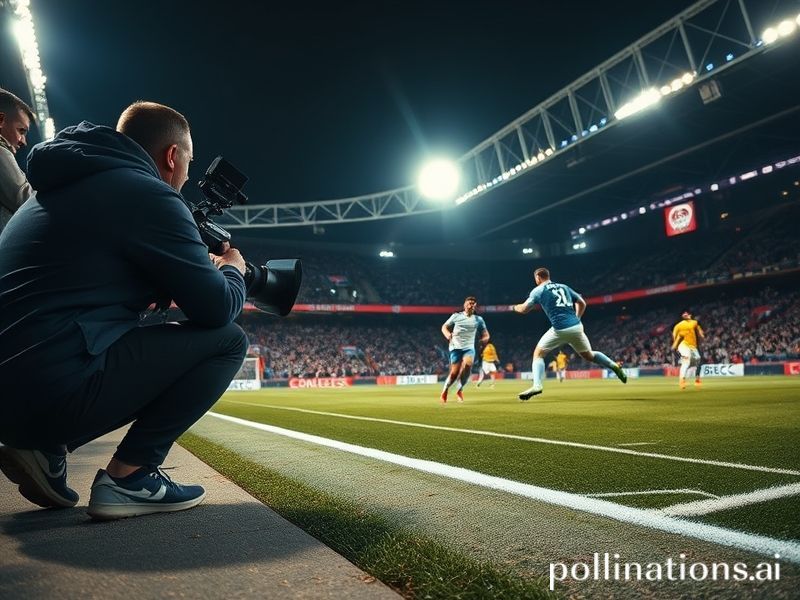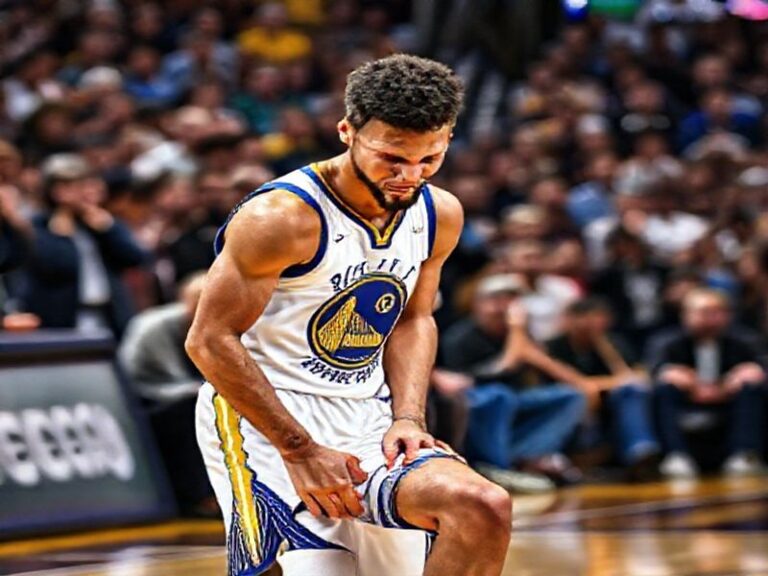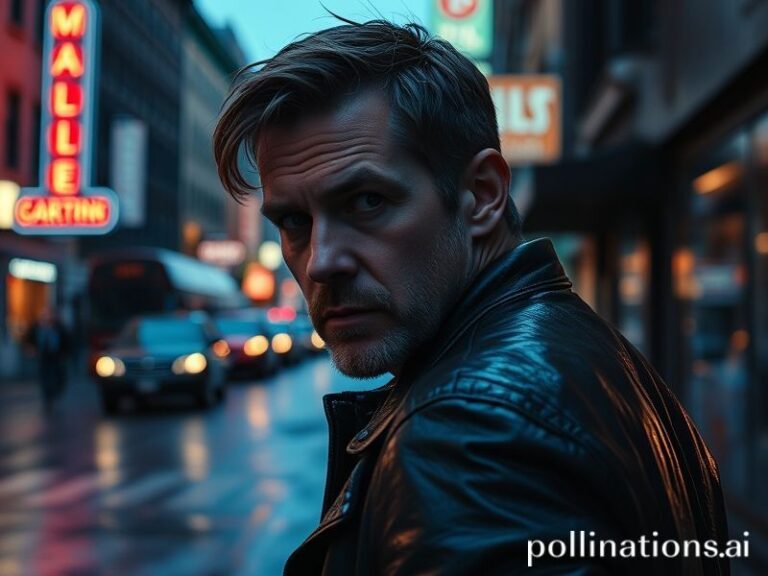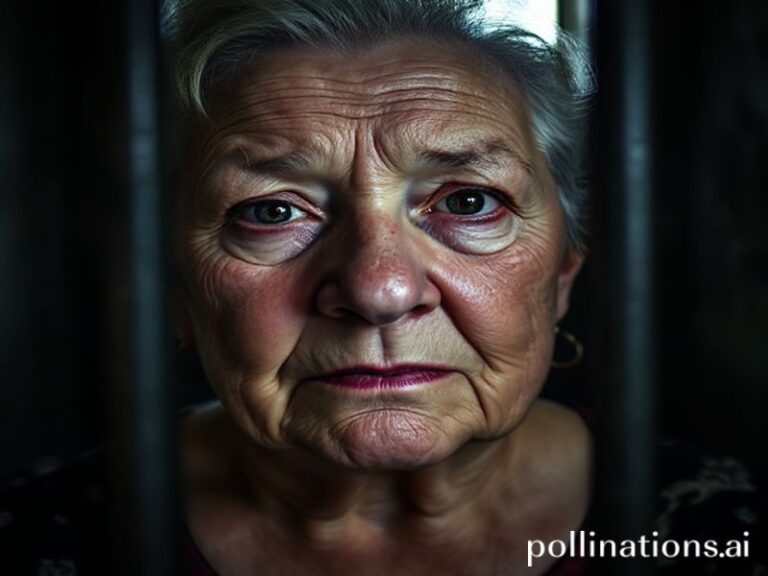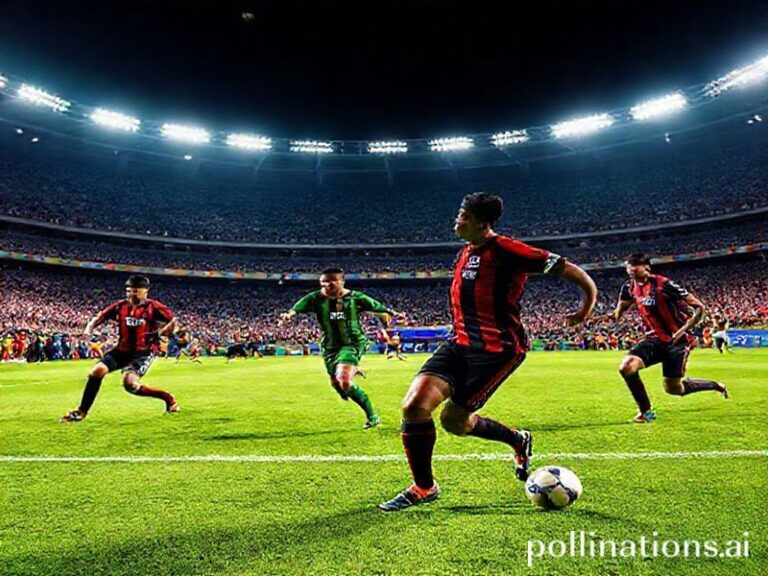Global Village, Local Whistle: How BBC Football Accidentally Runs the World
Global Village, Local Whistle: How BBC Football Became the World’s Accidental Diplomat
by Our Man in the Cheap Seats, Somewhere Between Wembley and the End of Civilisation
The first thing you learn while jet-lagged in a Dakar airport lounge is that the BBC’s football coverage is more reliable than the departure boards. A grainy stream of Match of the Day on a cracked phone screen will still load when the flight manifest is “under review,” i.e., the pilot has slipped off for thieboudienne. That, dear reader, is soft power in action: Auntie Beeb’s pixels travelling farther and faster than Her Majesty’s finest diplomats ever managed.
Across six continents, the BBC’s football output—website, radio, podcasts, and that indefatigable live-text page that refreshes faster than a teenager’s self-esteem—functions as a 24-hour Rosetta Stone. A Nairobi cabbie, a Manila call-centre rep, and a Sheffield postman can all argue about whether VAR is the greatest advance since penicillin or the devil’s own Etch A Sketch. The lingua franca isn’t English; it’s the 4-4-2 diamond and the existential dread of a ninety-third-minute equaliser.
Of course, the show is British to its marrow. The accents still default to “slightly damp Mancunian,” and half-time analysis remains a ritual in which ex-pros discover new synonyms for “disappointing.” Yet the gravitational pull is planetary. When the BBC tweets a 15-second clip of Jude Bellingham shrugging, servers in São Paulo weep. When Gabby Logan raises an eyebrow, the eyebrow trends in Jakarta. This is colonialism reimagined for the broadband age: instead of gunboats, we send Gary Lineker’s puns.
The geopolitics get deliciously absurd. China’s state broadcasters pirate the feed, slap a Mandarin voice-over on top, and presto: the Premier League becomes a morality play about socialist work-rate. In Kyiv, displaced fans huddle around short-wave radios to hear Ian Dennis describe a League Cup tie as if it were Churchill addressing the Commons. Meanwhile, in Qatar—where the World Cup was bought like a last-minute souvenir—BBC reporters measure air temperature and human rights abuses with equal precision, daring organisers to file a complaint to OFCOM about reality being offside.
Money, naturally, oils every stud. The Premier League’s £10 billion broadcast carousel spins because the BBC keeps the narrative humming in markets where Sky’s paywalls are steeper than Mount Ararat. Those slick three-minute explainers—“Why Everton’s amortisation schedule gives accountants night terrors”—are repackaged by Lagos stations between adverts for aphrodisiac toothpaste. Everyone wins, except the players’ hamstrings.
Then there’s the dark art of the live-text, a format that looks innocent but is actually performance art for the attention-deficit age. “21:37: Haaland shoots. 21:37: It’s blocked. 21:37: Pep looks like he’s swallowed a wasp.” Read in bulk, these micro-updates form the beat poetry of late capitalism: fleeting, frantic, devoid of meaning yet weirdly comforting. Somewhere, a PhD student in Montevideo is writing a thesis on how the BBC’s use of the word “scenes” constitutes post-ironic epistemology. We wish them luck in the job market.
What does it all signify? Nothing less than the paradox of globalisation: local tribal passions amplified until they feel universal, then monetised until they feel hollow. The BBC still pretends it’s a public service, but its football arm is essentially a lifestyle brand for people who can’t afford the lifestyle. We watch millionaires run around in shirts that advertise crypto exchanges we’re too skint to join, while commentators speak of “the romance of the cup” with the solemnity of funeral directors. The romance died somewhere around the time oligarchs started buying clubs to launder reputations, but the highlights package is lovely and the soundtrack still swells.
And yet—credit where cynicism is due—the BBC remains one of the few institutions that hasn’t (entirely) sold its soul. When a Saudi takeover looms, its journalists still ask awkward questions, even if the awkward questions are then buried under 47 tweets about Erling Haaland’s breakfast. In a media landscape where most outlets are either state propaganda or venture-capital mood boards, that faint whiff of integrity smells almost exotic.
So here we are, orbiting a small island’s rainy obsession and calling it the world game. The final whistle never really blows; the page merely stops auto-refreshing. Somewhere, a child in Ulaanbaatar is learning English from a BBC commentary pun. Somewhere else, an adult in Wolverhampton is learning despair from the same source. Both, in their own way, are citizens of the republic of football—where the currency is hope, the tax is heartbreak, and the national broadcaster still insists on calling it “the beautiful game” with a straight face. God save us all.

